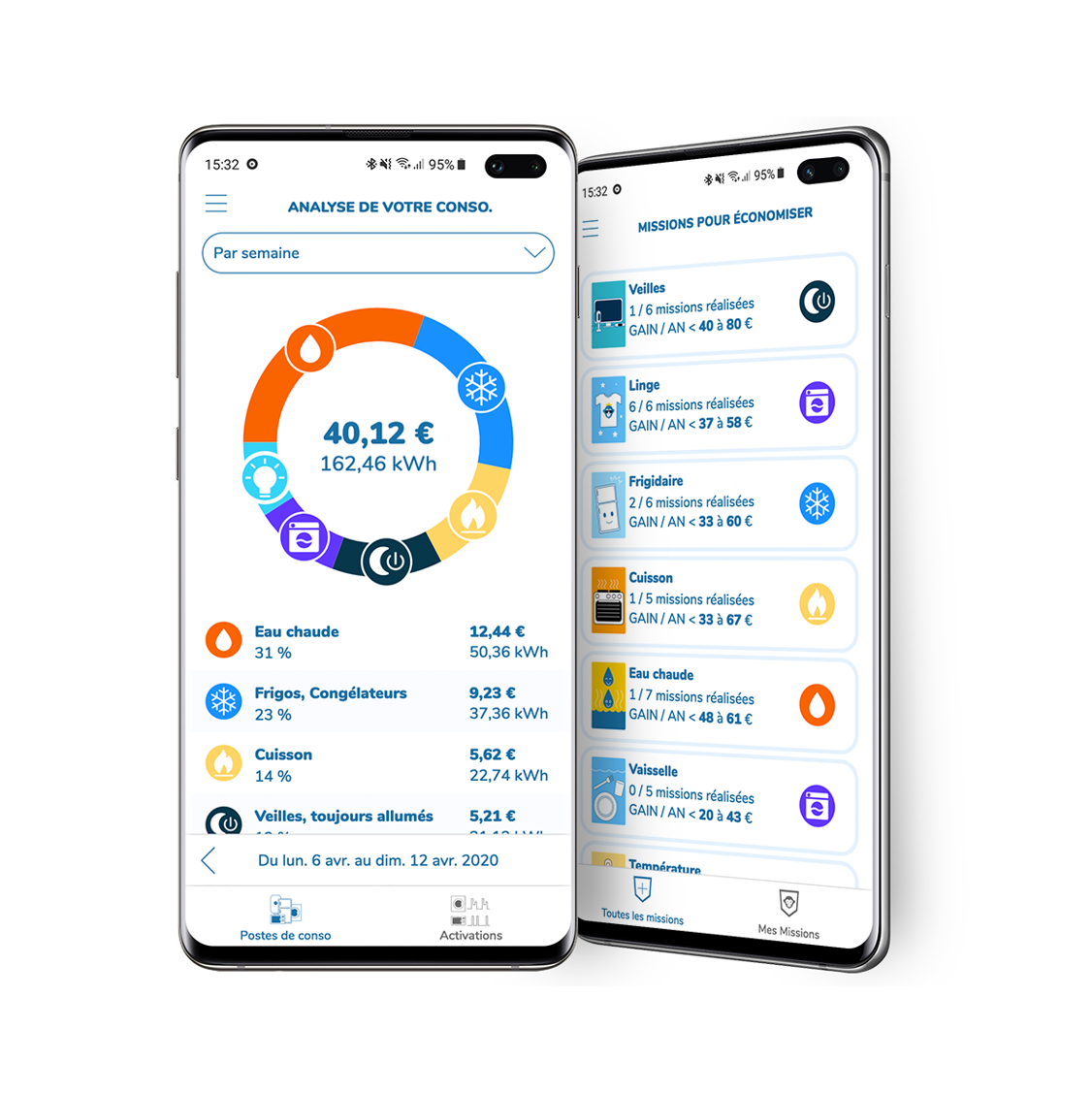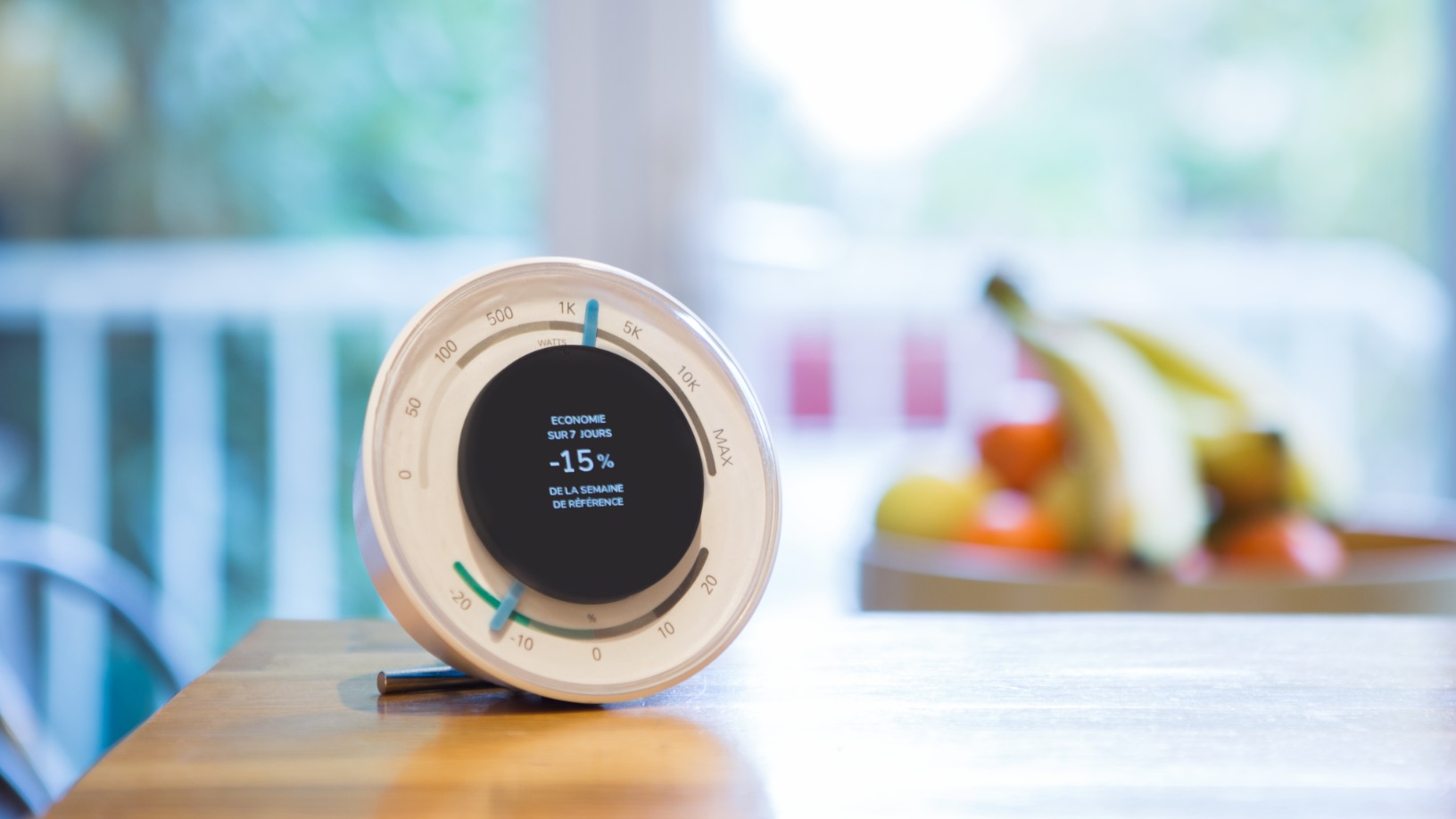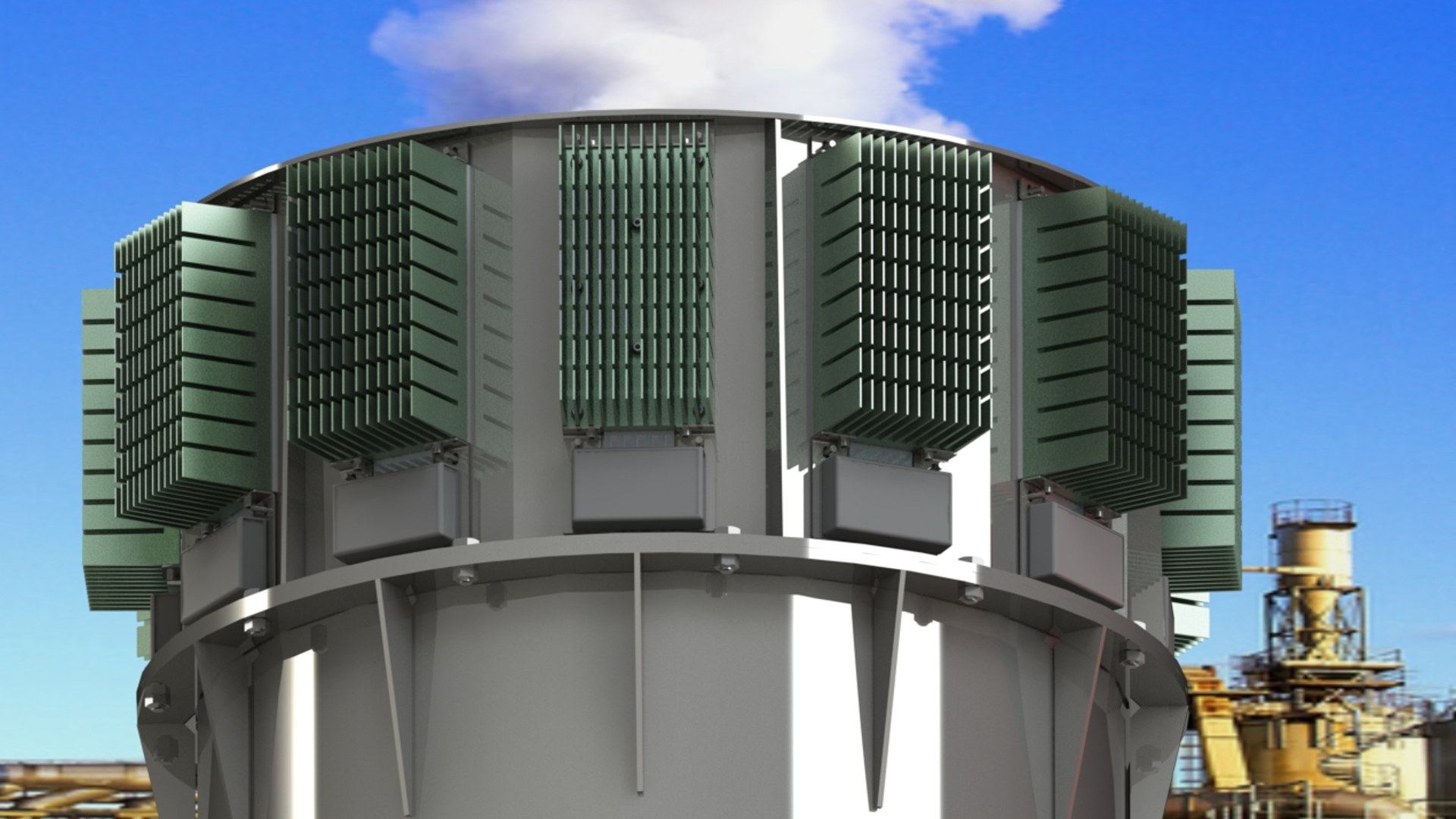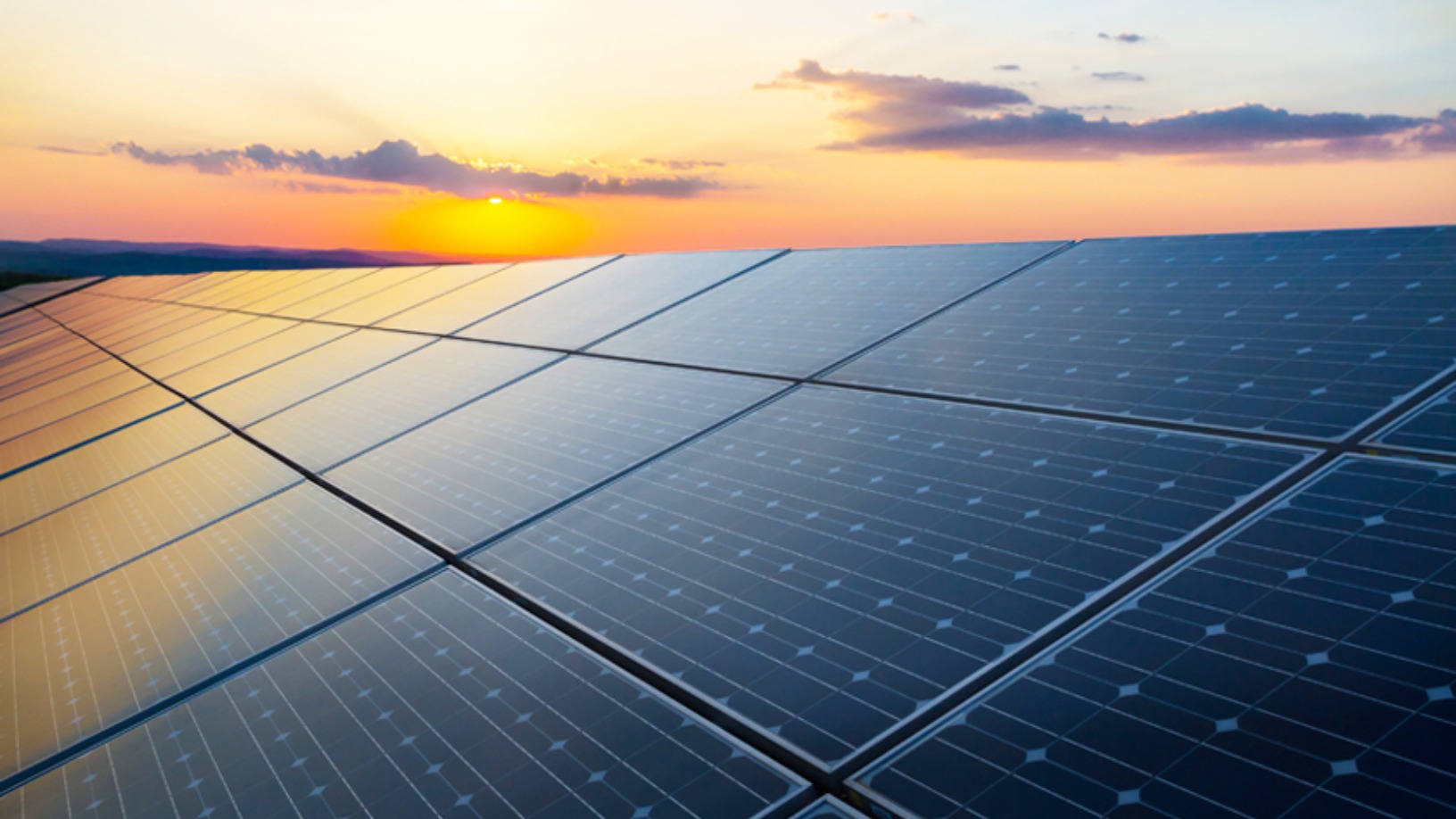Paris-based startup Ecojoko is on a mission to solve the problem of electricity wastage by empowering households to change their habits with the help of an AI-driven device that displays electricity consumption in real time. A mobile app also displays how much electricity is being actively consumed and how much is being used by appliances on standby.
Co-founded in 2017 by Laurent Bernard and Fabien Berlioz, the startup was the result of the pair’s reaction to a 2012 study by France’s National Scientific Research Centre (CNRS), which found that 25% of all electricity used by French households is wasted.
“That’s the equivalent of €300 per year, per household," Bernard said in an interview with CompassList. “France relies on nuclear power for electricity and it’s the equivalent of an entire nuclear reactor that is running for nothing.”
"I have always been passionate about energy and ecological issues and have wanted to create my own business. When Fabien and I saw [the CNRS] study, we said to ourselves, this is absolutely abhorrent, we have to do something," said Bernard, now the CEO.
Ecojoko was accelerated by 50 Partners’ social impact fund and the French government’s Ecological Transition Agency (ADEME), which enabled the company to obtain the government’s Greentech Innovation label. “It was really interesting for us because it enabled us to meet people from the government who were working on the same subject, who were looking for innovations and which really pushed our development in quite a ferocious way,” Bernard said.
The company was initially bootstrapped to the tune of €100,000 by Bernard and Berlioz, who were working at French telecommunications company SFR when they co-founded Ecojoko. In 2018, the startup raised about €66,000 from 560 contributors in a crowdfunding campaign. This was followed a year later by a €1.1m seed round by business angels, enabling the company to start production.
Appliance-based usage
Ecojoko’s system, comprising a sensor and a monitor, is installed without an electrician. The sensor is placed on top of the circuit breaker in a house or apartment. It remotely captures the variation of electrical currents in the circuit breaker and wirelessly sends this information to the monitor.
The monitor, or energy-saving assistant as it is called, is inside the home and displays consumption in real time in kWh and in euros. It also displays the room temperature (to help adjust the heating), humidity and the estimated energy being saved as a percentage.

The system’s AI technology takes the information received from the sensor and, by separating the electrical signature of each appliance, analyses how much energy each appliance, such as the washing machine, computer or refrigerator is using.
The algorithms also calculate potential and actual savings as usage habits change, providing the information weekly in kWh and euros via a mobile app, along with suggestions on how to make savings. It can also measure the energy used by a swimming pool motor and electric car charging point, as well as the output of roof-top solar panels.
Users can join the Ecojoko community to share results and savings. A ranking system tells users how they are faring within the community. A ‘Bronze Banana’ award is given to encourage use of the tool.
“The objective is to motivate the user to make electricity savings,” Bernard said. “There’s not a lot of people who wake up in the morning thinking about energy, so this type of gamification and nudge marketing is used to generate interest. It is part of our brand strategy to say, hey, anti-waste is sexy, it’s cool, it’s trendy.”
Making the unseen visible
In January 2020, Ecojoko participated in the consumer electronics show CES Las Vegas 2020 as a member of the La French Tech delegation with Business France, one of two French startups selected out of 100 for the show. To boost its visibility and sales, Ecojoko has also partnered with French energy suppliers, insurance company Macif and the World Wildlife Fund.
Bernard said that despite a general willingness by consumers to reduce electricity use, it is difficult for them to act when they cannot actually see it. “When we started experimenting with prototypes in a friend’s house we quickly realised that while everyone wants to reduce electricity use, good intentions are not enough because you can’t see it.”
“Take a radiator that is running at 22 degrees instead of 21 degrees. That’s the equivalent of €100 [more] a year, but because it’s something that we don’t see, we can’t change it.”
Another challenge for Ecojoko was producing a minimum viable product (MVP). “For an entirely new product, this was a real challenge, but we have arrived at a point where the MVP is there because we have clients who are satisfied and we have reductions in [energy] consumption,” he added.
To date, Ecojoko has sold “several thousand units,” Bernard said, adding that the aim is to sell the product to 5% of French households by the end of 2021. It now retails for €199 or is available for rent at €79 per year. Most French households are eligible for a €30 subsidy under the French government’s “Prime Energie” ("Energy Bonus") scheme.
“We are the first brand in Europe in the area of energy anti-waste so that needs a lot of investment,” Bernard said. “We want to continue to invest in our technology and the AI to stay ahead. We also want to make improvements to the hardware so we can reduce our costs and make gains on our margins.”
Ecojoko is currently in discussions with investors to raise a Series A round to grow its brand and expand into new markets. “We have interest from several countries in Europe and also people are interested in the US and Canada, so that is part of our thinking,” Bernard said.











